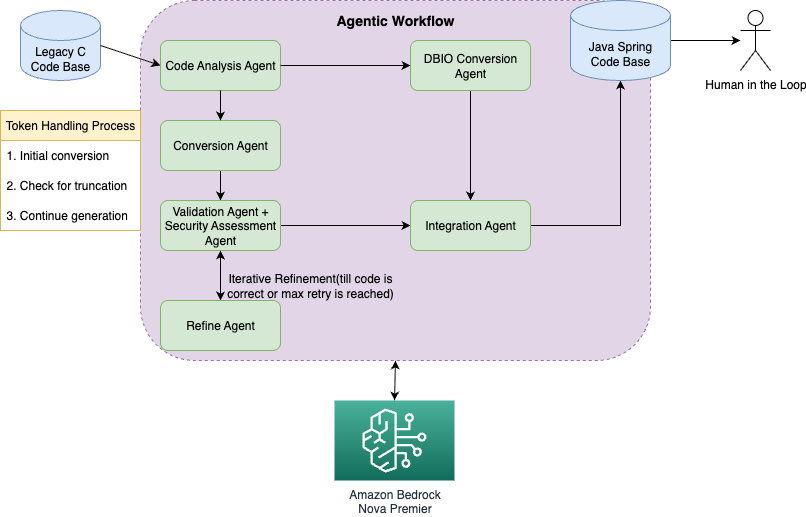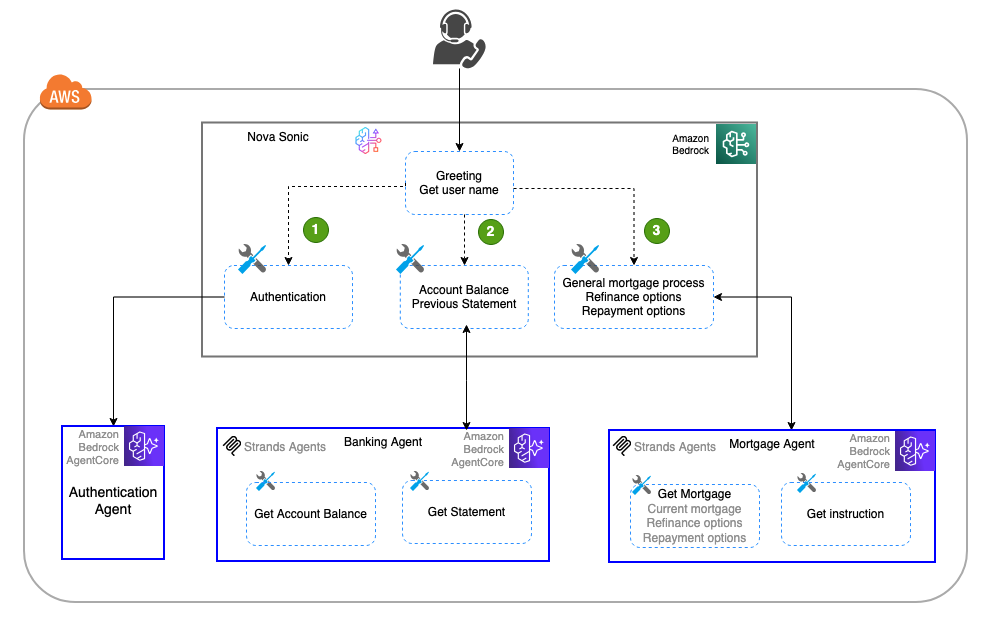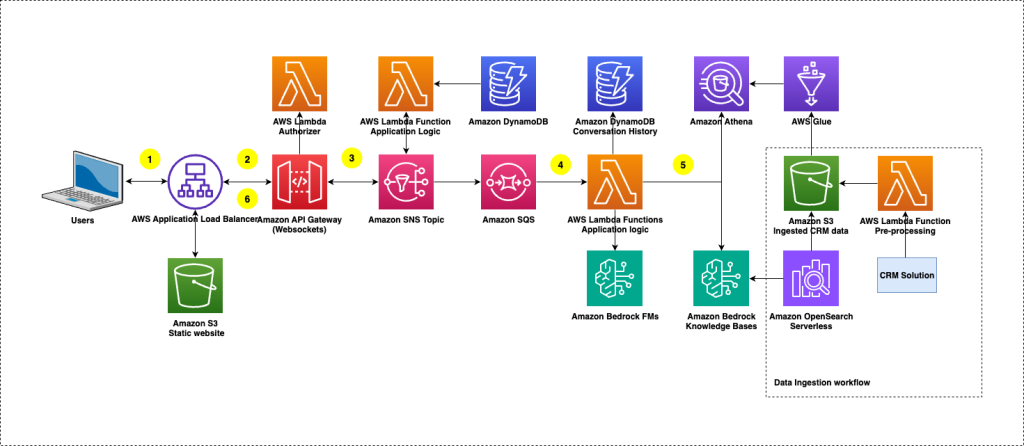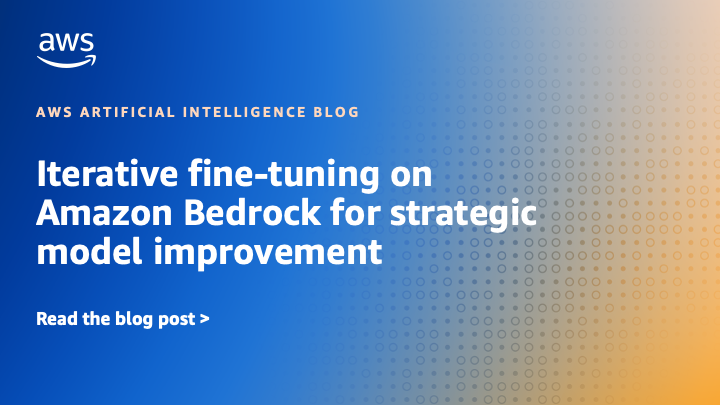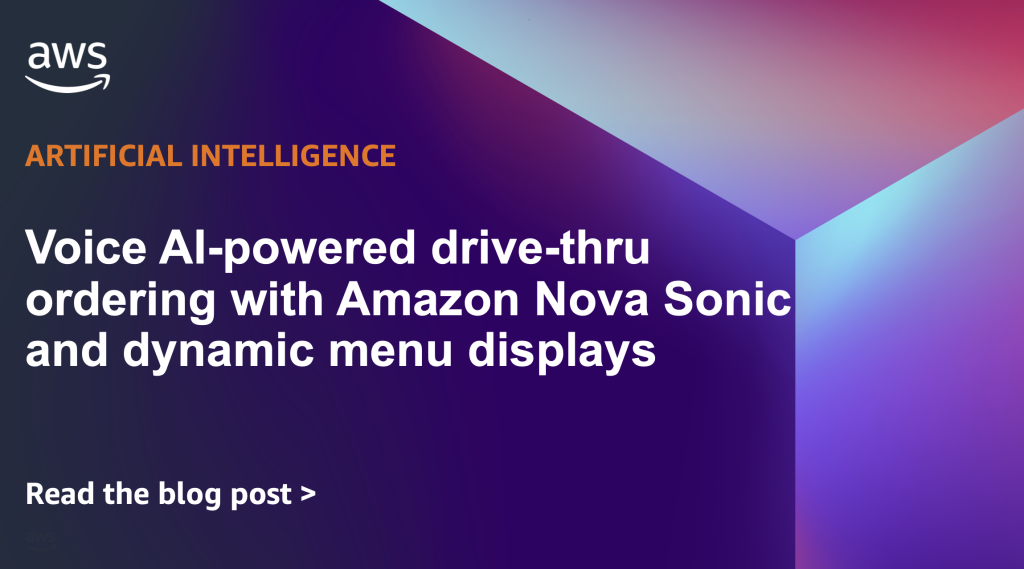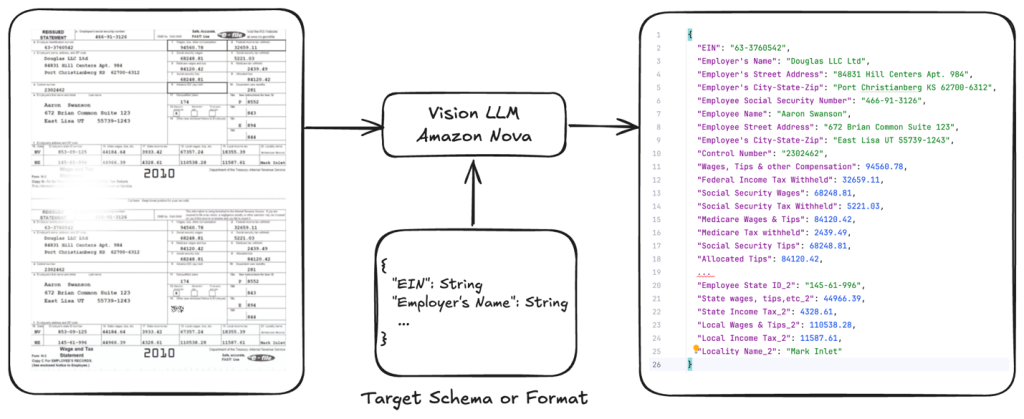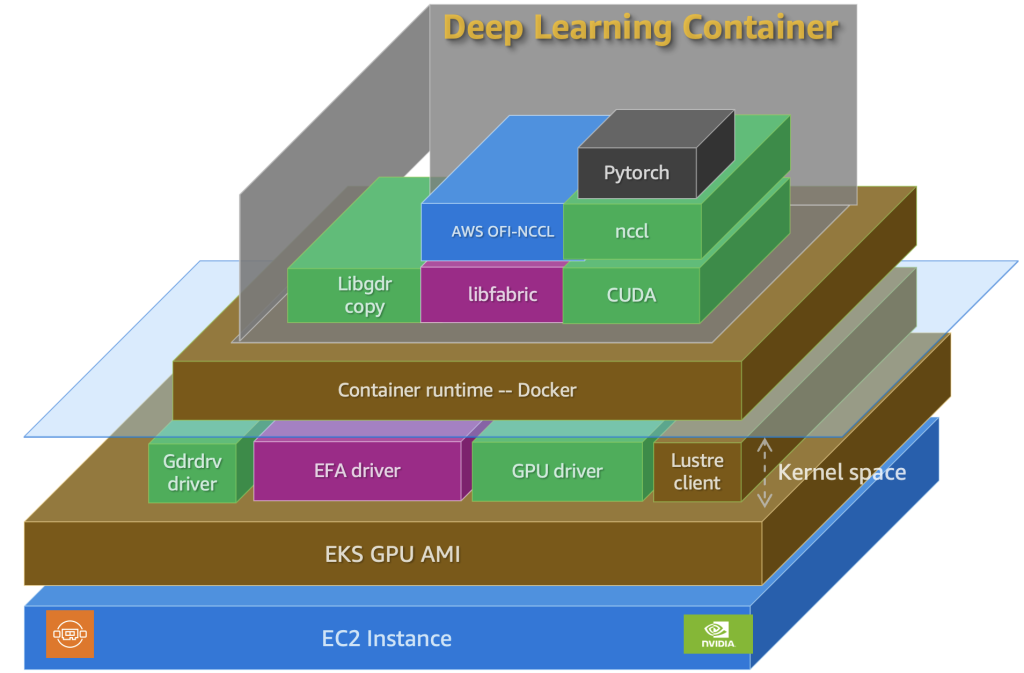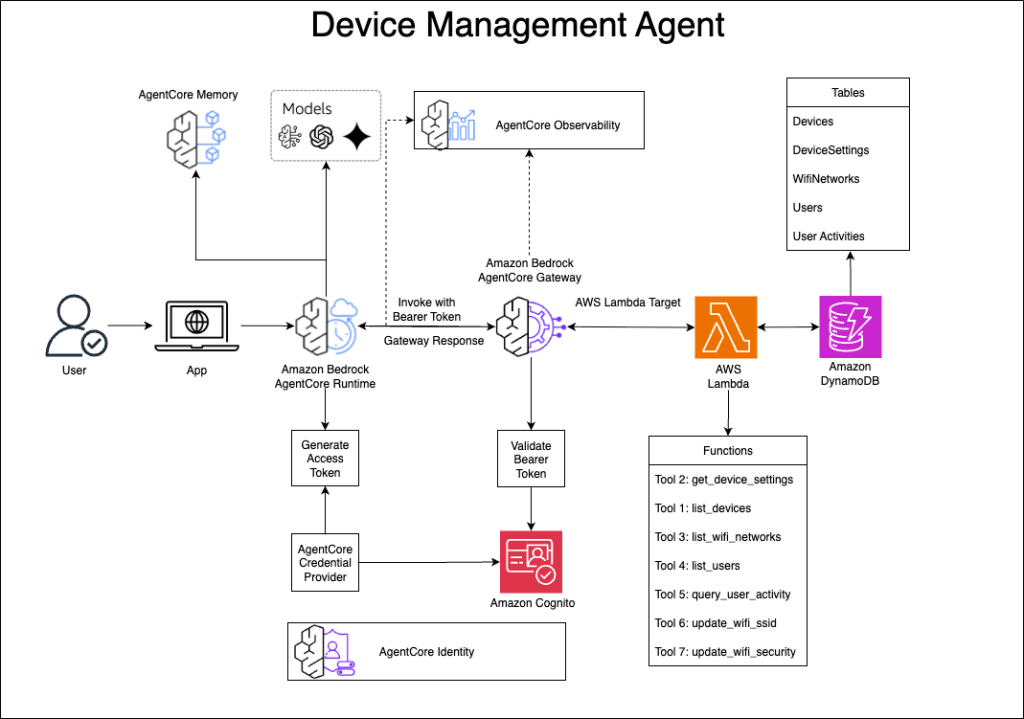Artificial Intelligence
Category: Amazon Machine Learning
Streamline code migration using Amazon Nova Premier with an agentic workflow
In this post, we demonstrate how Amazon Nova Premier with Amazon Bedrock can systematically migrate legacy C code to modern Java/Spring applications using an intelligent agentic workflow that breaks down complex conversions into specialized agent roles. The solution reduces migration time and costs while improving code quality through automated validation, security assessment, and iterative refinement processes that handle even large codebases exceeding token limitations.
Building a multi-agent voice assistant with Amazon Nova Sonic and Amazon Bedrock AgentCore
In this post, we explore how Amazon Nova Sonic’s speech-to-speech capabilities can be combined with Amazon Bedrock AgentCore to create sophisticated multi-agent voice assistants that break complex tasks into specialized, manageable components. The approach demonstrates how to build modular, scalable voice applications using a banking assistant example with dedicated sub-agents for authentication, banking inquiries, and mortgage services, offering a more maintainable alternative to monolithic voice assistant designs.
How TP ICAP transformed CRM data into real-time insights with Amazon Bedrock
This post shows how TP ICAP used Amazon Bedrock Knowledge Bases and Amazon Bedrock Evaluations to build ClientIQ, an enterprise-grade solution with enhanced security features for extracting CRM insights using AI, delivering immediate business value.
Iterative fine-tuning on Amazon Bedrock for strategic model improvement
Organizations often face challenges when implementing single-shot fine-tuning approaches for their generative AI models. The single-shot fine-tuning method involves selecting training data, configuring hyperparameters, and hoping the results meet expectations without the ability to make incremental adjustments. Single-shot fine-tuning frequently leads to suboptimal results and requires starting the entire process from scratch when improvements are […]
Voice AI-powered drive-thru ordering with Amazon Nova Sonic and dynamic menu displays
In this post, we’ll demonstrate how to implement a Quick Service Restaurants (QSRs) drive-thru solution using Amazon Nova Sonic and AWS services. We’ll walk through building an intelligent system that combines voice AI with interactive menu displays, providing technical insights and implementation guidance to help restaurants modernize their drive-thru operations.
Optimizing document AI and structured outputs by fine-tuning Amazon Nova Models and on-demand inference
This post provides a comprehensive hands-on guide to fine-tune Amazon Nova Lite for document processing tasks, with a focus on tax form data extraction. Using our open-source GitHub repository code sample, we demonstrate the complete workflow from data preparation to model deployment.
Transforming enterprise operations: Four high-impact use cases with Amazon Nova
In this post, we share four high-impact, widely adopted use cases built with Nova in Amazon Bedrock, supported by real-world customers deployments, offerings available from AWS partners, and experiences. These examples are ideal for organizations researching their own AI adoption strategies and use cases across industries.
Building smarter AI agents: AgentCore long-term memory deep dive
In this post, we explore how Amazon Bedrock AgentCore Memory transforms raw conversational data into persistent, actionable knowledge through sophisticated extraction, consolidation, and retrieval mechanisms that mirror human cognitive processes. The system tackles the complex challenge of building AI agents that don’t just store conversations but extract meaningful insights, merge related information across time, and maintain coherent memory stores that enable truly context-aware interactions.
Configure and verify a distributed training cluster with AWS Deep Learning Containers on Amazon EKS
Misconfiguration issues in distributed training with Amazon EKS can be prevented following a systematic approach to launch required components and verify their proper configuration. This post walks through the steps to set up and verify an EKS cluster for training large models using DLCs.
Build a device management agent with Amazon Bedrock AgentCore
In this post, we explore how to build a conversational device management system using Amazon Bedrock AgentCore. With this solution, users can manage their IoT devices through natural language, using a UI for tasks like checking device status, configuring WiFi networks, and monitoring user activity.
